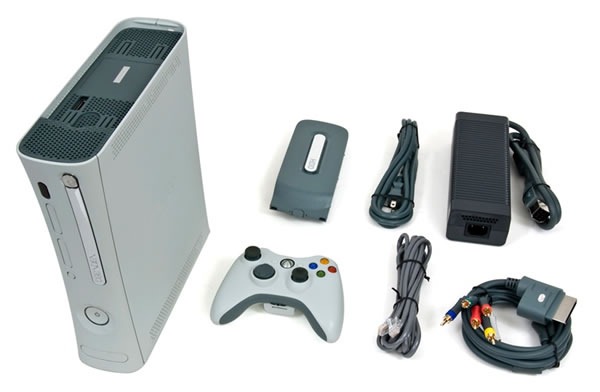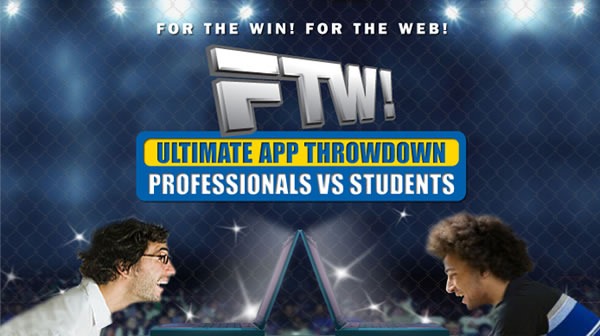
This article also appears in Canadian Developer Connection.
Wait a Minute…Microsoft and PHP?
You probably wouldn’t be surprised that Microsoft is holding a development contest that pits professional developers against student developers. You might be surprised that Microsoft is holding a development contest where the challenge is to build a PHP application.
You read that right: PHP. Microsoft’s web server, IIS (Internet Information Services) can run PHP as well as ASP.NET; in fact, it can even run both on the same site at the same time, so you can have apps like WordPress along with your ASP.NET-based apps.
Think of ASP.NET and PHP running on the same server as the great jam session with Spock and the space hippie from that old Star Trek “hippies in space” episode.
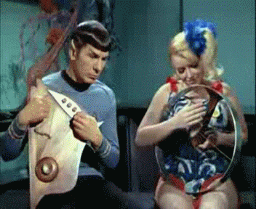 See? We’re not Herbert!
See? We’re not Herbert!
Even more unexpected is that the beta for the 2.0 version of the Microsoft Web Platform Installer doesn’t do a “couple-of-clicks” installation of the expected stuff like IIS and SQL Server 2008 Express, it also provides a “couple-of-clicks” installation of PHP and WordPress.
The FTW! Throwdown
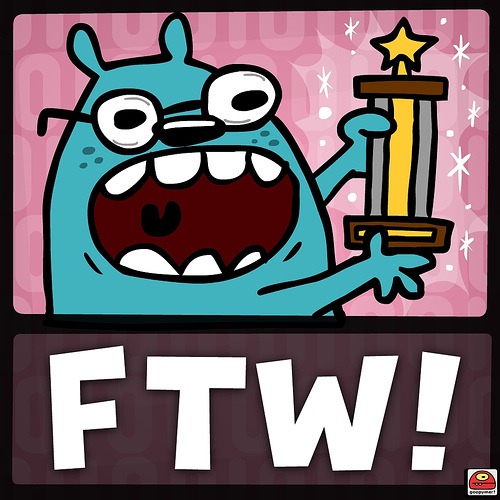
That’s “FTW!” as in “For the Win” or “For the Web”, by the way.
The contest is pretty simple: the idea is to show the best application written in PHP and deployed on Windows. The app can be either:
- A new application developed by you in PHP and running on IIS in Windows
- An existing application or framework written in PHP and ported by you to run on IIS in Windows
That’s right: if you’re pressed for ideas or time to make a new application, it’s all right – you can take a PHP application that already exists, make the necessary changes so that it’ll run on IIS (and hey, for bonus points, make it tie into SQL Server instead of MySQL), and submit that as your contest entry!
Students vs. Professionals
Another twist to the FTW! Throwdown is that we’re getting student developers and professional developers to challenge each other. The pros have experience and resources on their side; students have youthful energy and fewer distractions going for them. Not since “Pirates vs. Ninjas” has there been a challenge like this!
One application developed or ported by students and one application developed or ported by professionals will be chosen from the submissions for the Ultimate Challenge, which will be a final bout at Microsoft’s Make Web, Not War conference. In that last match, it “Two apps enter! One app leaves!”. Simply put, one of the apps – either the student one or the professional one – will be declared the Ultimate Champion.
As they said in Highlander: “There can be…only one!”
The Booty

We want to reward the best contestants for their efforts in the FTW! Throwdown, and we plan to do so with some pretty nice prizes, which include:
- The grand prize: $5000 for the winning entrant.
- The runner-up prize: $3000 for the runner-up.
- The SQL Server prize: $3000 for the finalist whose app showcases the best use of PHP with a Microsoft SQL Server database.
- The PHP/.NET Mash-Up prize: $2000 for the finalist whose app showcases the best of PHP with .NET-based code working together in a single application.
- The student finalist prize: The student developer who makes it to the last match will also get an interview and resume critique from Microsoft and a $200 Petro-Canada gas card.
- The professional finalist prize: The professional developer who makes it to the last match will also get a chance for a published case study, enrollment in the MAPS or EMPOWER program and a $200 Petro-Canada gas card.
Hosting Options
Naturally, the apps that you submit for the FTW! Throwdown need a place to live. If you don’t already have IIS hosting, our partners at myhosting and RackForce are offering a 60-day free hosting promotion.
Deadlines and Details
The deadline for entering the FTW! Throwdown is Wednesday, June 3rd, 2009. Finalists will be announced on Friday, June 5th, 2009, and the main event where the student finalist faces off against the professional finalist happens on Wednesday June 10th, 2009.
If you’d like to know more about the FTW! Throwdown, visit the FTW! Throwdown site. I’ll be posting regular bulletins about the FTW! Throwdown on this blog, and you can follow the FTW! team on Twitter as the user @PHPOnWindows and the hashtag #FTW09.
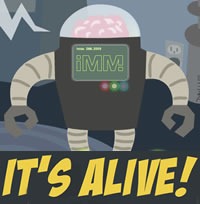
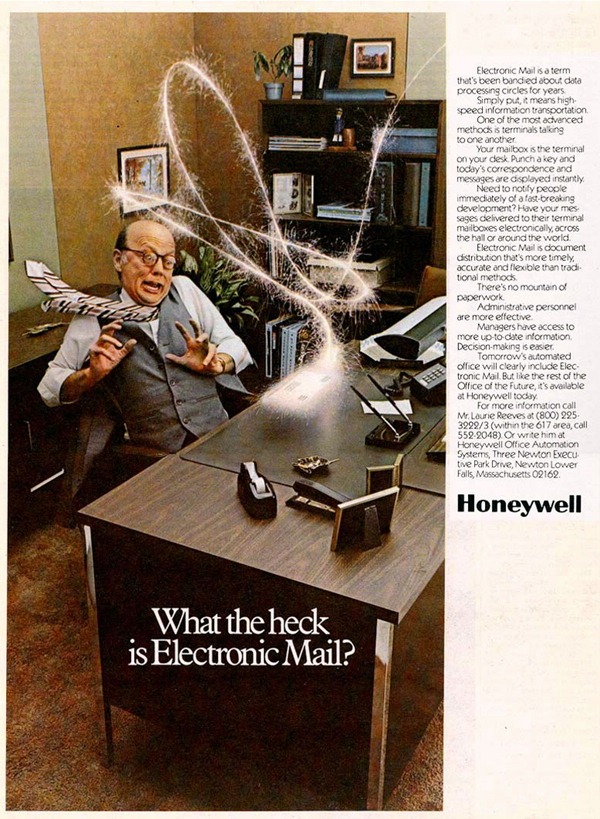
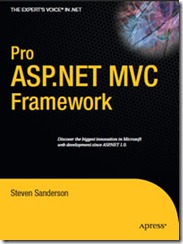
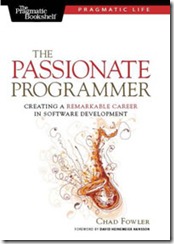


 As a mobile worker, they cover my transportation costs too.
As a mobile worker, they cover my transportation costs too.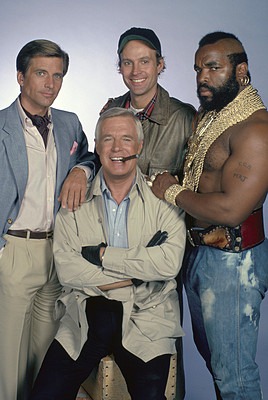


 See? We’re not Herbert!
See? We’re not Herbert!

